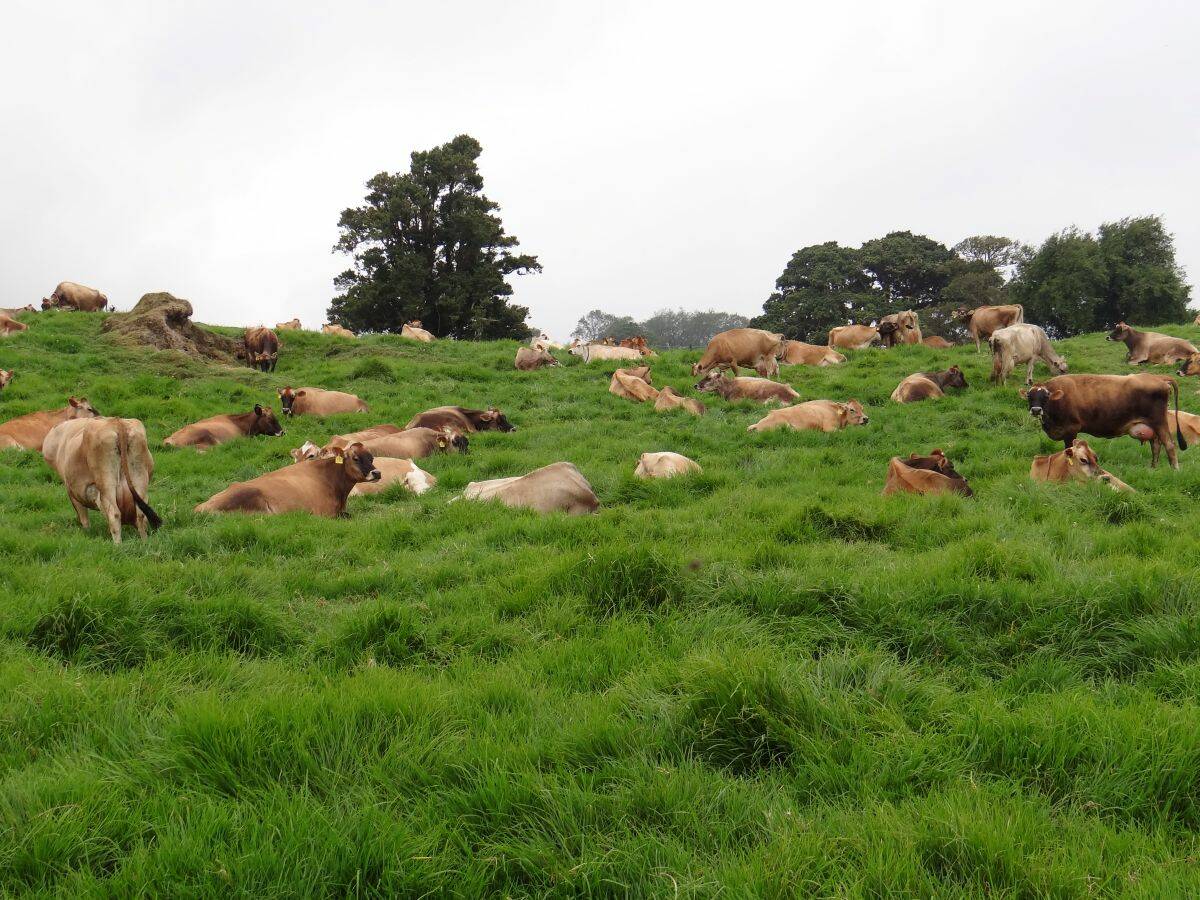The United States “can do it all” – turn more corn into ethanol without running short of food, Agriculture Secretary Tom Vilsack said Feb. 24, as oil prices soared and the government raised its forecast of food price increases this year.
“There is no reason for us to take the foot off the gas,” said Vilsack, referring to biofuels at a two-day Agriculture Department conference on the outlook for this year’s crops. “We can do it all.”
A record five billion bushels of corn will be used to make ethanol in the marketing year opening on Sept. 1, up slightly from this year, said USDA. It also forecast food prices will rise 3.5 per cent this year – double the U.S. inflation rate.
Read Also

Is inflammation the real cause of milk fever in cattle?
UAlberta researcher Burim Ametaj’s theory challenges 200 hundred years of science and his work may change the approach for treatment.
Former president Bill Clinton, who spoke shortly after Vilsack, said there were stark tradeoffs in using crops to make fuel. They affect the food supply in other nations as well as decisions around the world on where to grow crops.
“I think the best thing to say is we have to become energy independent but we don’t want to do it at the cost of food riots,” said Clinton. “The more biofuels we grow here, the less crops we have to put on the international market.”
Vilsack said biofuels are an important component to U.S. energy security that also boost rural employment and income. A 2007 law guarantees a rising share of the motor fuel market to ethanol, peaking at 15 billion gallons from 2015. Production is running at 13.5 billion gallons a year now.
U.S. farmers are capable of growing enough corn to meet rising demand for food, fuel, livestock feed and exports, he said. This year’s corn crop is projected for a record 13.73 billion bushels, up 10 per cent from last year. Corn supplies are expected to be tight for one or two more years, however.
Clinton suggested annual reviews of supplies to assure there will be “good food at affordable prices,” to maximize energy independence and to prevent climate change but did not say who should carry out the reviews.
Analyst Gary Blumenthal of consultants World Perspectives said biofuel use reduces U.S. grain exports and “certainly is incentivizing production elsewhere.
“The inequity in the situation is biofuel is a mandated market,” Blumenthal said. “You’re not allowing food to compete fairly with fuel” in buying supplies.
Dan Glickman, agriculture secretary during the Clinton era, said “by and large, it (ethanol) has a positive impact” on the economy and was only a small factor in food prices. Glickman said Clinton did not suggest government rationing or grain.
Corn grower and ethanol trade groups said Clinton was wrong. There is plenty of fallow farmland that could be used for biofuels without harming the environment and that petroleum is a bigger factor in food prices, they said.
———
“Ithinkthebestthing tosayiswehave tobecomeenergy independentbutwe don’twanttodoitat thecostoffoodriots.”
BILL CLINTON














